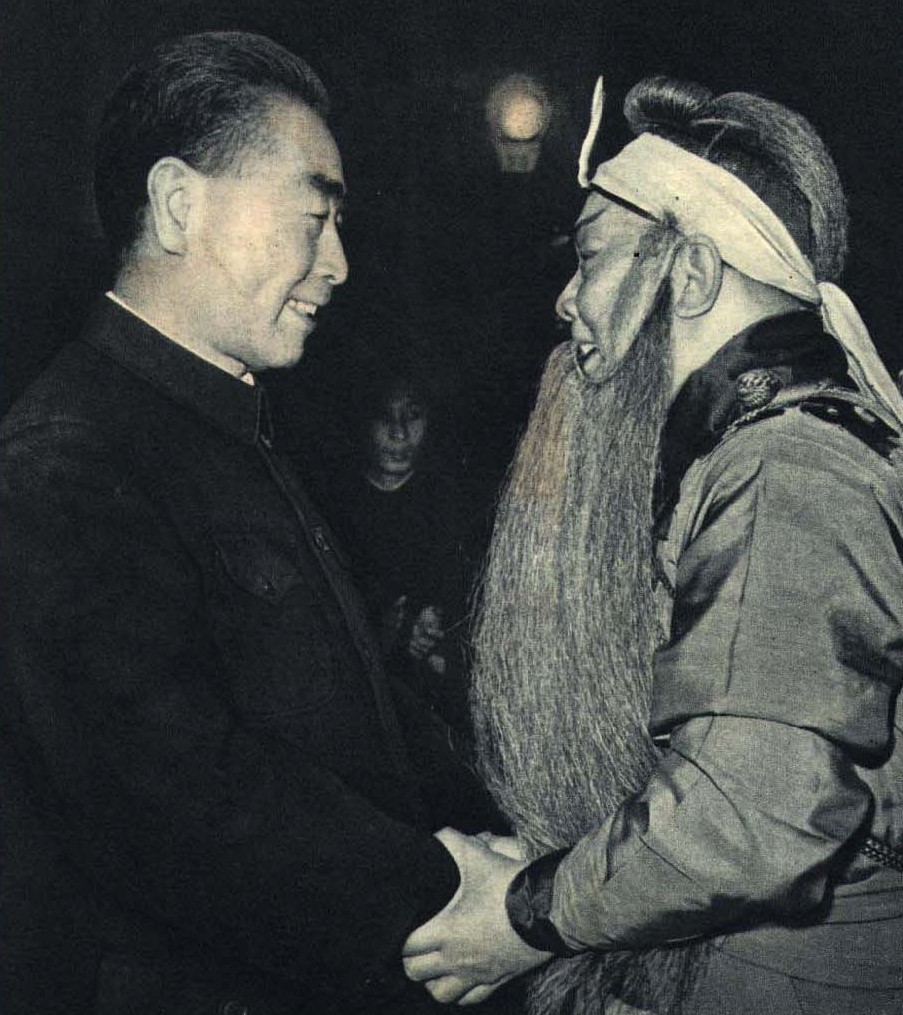The Qing Ding Pearl on:
[Wikipedia]
[Google]
[Amazon]
 ''The Qing Ding Pearl'' (《慶頂珠》, simplified 庆顶珠) is a Chinese play. It dates to the
''The Qing Ding Pearl'' (《慶頂珠》, simplified 庆顶珠) is a Chinese play. It dates to the
 ''The Qing Ding Pearl'' (《慶頂珠》, simplified 庆顶珠) is a Chinese play. It dates to the
''The Qing Ding Pearl'' (《慶頂珠》, simplified 庆顶珠) is a Chinese play. It dates to the Song Dynasty
The Song dynasty (; ; 960–1279) was an imperial dynasty of China that began in 960 and lasted until 1279. The dynasty was founded by Emperor Taizu of Song following his usurpation of the throne of the Later Zhou. The Song conquered the res ...
and is still performed in adapted forms in the Beijing Opera
Peking opera, or Beijing opera (), is the most dominant form of Chinese opera, which combines music, vocal performance, mime, dance and acrobatics. It arose in Beijing in the mid-Qing dynasty (1644–1912) and became fully developed and recognize ...
.
The play is known by other titles: Two sections ( 折 zhe) of the main play are sometimes performed separately as ''The Fisherman's Revenge''《漁夫恨》 or ''A Fisherman Kills a Family'' (《打漁殺家》, simplified 打渔杀家 dayu sha jia)寂寞沙洲冷: 周正榮京劇藝術 - p160 王安祈, 李元皓 - 2003 "父與女的堅強與軟弱《打漁殺家》賞析《打漁殺家》是全本《慶頂珠》故事的兩折,又叫《漁夫恨》、《討漁稅》,由於劇本結構的凝鍊、人物語言的鮮活生動、主題意識的色彩強烈,再加上演員的不斷創造,故此這齣戲歷久彌新,在不同的時代環境下都大受歡迎" also ''Collecting the Fishing Tax'' (《討漁稅》 ''taoyushui'').
Plot
The play tells the story of Xiao En (whose real identity isRuan Xiaoqi
Ruan Xiaoqi, also known as Ruan the Seventh, is a fictional character in ''Water Margin'', one of the Four Great Classical Novels in Chinese literature. Nicknamed "Living King Yama", he ranks 31st among the 36 Heavenly Spirits, the first third o ...
from ''Water Margin
''Water Margin'' (''Shuihu zhuan'') is one of the earliest Chinese novels written in vernacular Mandarin, and is attributed to Shi Nai'an. It is also translated as ''Outlaws of the Marsh'' and ''All Men Are Brothers''.
The story, which is ...
''), a poor fisherman
A fisher or fisherman is someone who captures fish and other animals from a body of water, or gathers shellfish.
Worldwide, there are about 38 million commercial and subsistence fishers and fish farmers. Fishers may be professional or recre ...
and his daughter who seeks bloody revenge after their livelihoods are taxed away by the overbearing Squire Ding. Squire Ding sends tax collectors and boxers to Xiao's fishing vessel but the fisherman refuses because the tax is illegal and the river had run dry. There's no fish for him to be taxed on. Two swashbucklers
A swashbuckler is a genre of European adventure literature that focuses on a heroic protagonist stock character who is skilled in swordsmanship, acrobatics, guile and possesses chivalrous ideals. A "swashbuckler" protagonist is heroic, daring, ...
named Li Jun and Ni Rong help Xiao En. The now bloodied Boxers escape and report to Squire Ding. For his transgression, Xiao is whipped. Angered, he and his daughter go to Squire Ding's residence – The Ding Mansion. They sneak in, his daughter wearing the Qing Ding Pearl to masquerade as a noble. Inside, the pair slays everyone inside.
Music
The play is a '' xipi'' (西皮 ''western skins'') play.History
The twentieth-century Chinese actorMei Lanfang
Mei Lan (22 October 1894 – 8 August 1961), better known by his stage name Mei Lanfang, was a notable Peking opera artist in modern Chinese theater. Mei was known as "Queen of Peking Opera". Mei was exclusively known for his female lead ...
frequently performed the role of the fisherman's daughter to great acclaim.
References
Chinese operas Peking operas Song dynasty in fiction Works based on Water Margin Plays set in the 12th century {{China-lit-stub